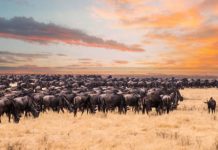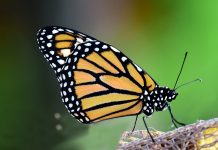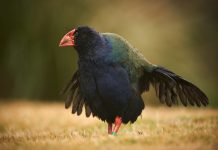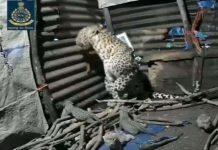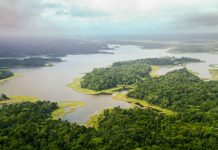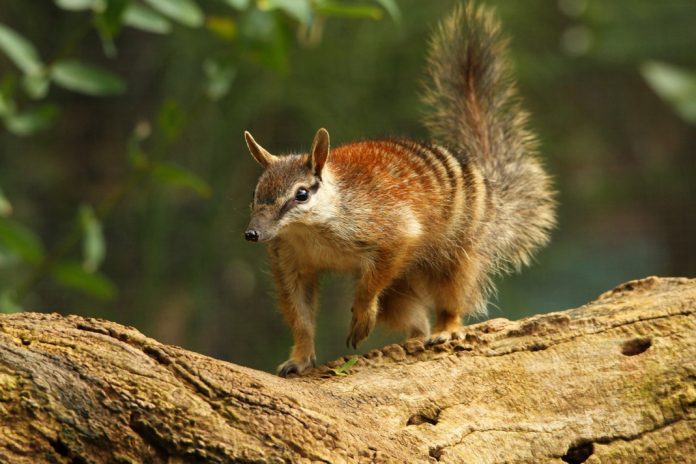A new study record for the first time the evolutionary history of the world’s terrestrial vertebrates: amphibians, birds, mammals, and reptiles. It explores how areas with a large number of evolutionarily distinct species are being affected by our ever-increasing “human footprint”.
The research was conducted by Dr. Rickki Gambs of Edge of Existence Program at the Zoological Society of London and at the Imperial College London, and Dr. James Rosindell of Imperial College London in collaboration with the Professor Shai Mirie of the School of Zoology at Tel Aviv University’s George S. Intellectual faculty of Life Science and the Steinhardt Museum of Natural History and other colleagues. The study was published in Nature Communications on May 26.
The new research will provide an insight into how best to protect nature given the current threats to specific sites and endangered species.
Researchers established two new metrics that combine phylogenetic diversity and the magnitude of human stress through the spatial distribution of species – one metric assessment region and another prioritizing species. They evaluated these measurements for reptiles, which were largely ignored in previous studies and compared these results with similar calculations for all terrestrial vertebrate groups. Researchers have found that areas of high human pressure coincide with areas of irreversible reptile diversity.
Analyze reveal the incomprehensible scale of the losses we face if we do not work hard to preserve global biodiversity. Using endangered-risk data of about 25,000 species, researchers have found that at least 50 billion years of evolutionary heritage is threatened, and we have a large number of endangered species that do not have enough extinction risk data. This implies that calculation underestimates the number of affected species.
According to the study’s calculations, the Caribbean, the western highlands of India, and large parts of Southeast Asia, the home of the most unique evolutionary history has faced unprecedented human-related disaster.
This new study highlights which species should be prioritized for conservation based on their evolutionary uniqueness and human impact on the environments where they though to inhabit.
According to research, the biggest loss in evolutionary history comes from the extinction of whole groups of closely related species such as Pangolin and Tapir, and the loss of highly evolved species such as the ancient Chinese crocodile lizard (Shinisaurus crocodilurus); Shoebill (Balaeniceps rex), a giant bird that runs along the African wetlands; and Aye-aye (Daubentonia madagascariensis), a nocturnal lemur with large yellow eyes and long fingernails.
The study highlights some unusual species as emergency conservation priorities, including the punk-haired Mary River Turtle (Elusor macrurus), the Purple Frog frog (Nasikabatrachus sahyadrensis), and the Numbat (Myrmecobius fasciatus). It also highlights many lesser-known and unknown species of science as a priority for further research. More than half of the identified priority lizards and snakes do not currently have sufficient extinction risk data.
Undetected diversity concentrations have been identified in areas that are not currently under human pressure, particularly the Amazon Rainforest, the Borneo Mountains, and parts of South Africa.
Reference
Rikki Gumbs, Claudia L. Gray, Monika Böhm, Michael Hoffmann, Richard Grenyer, Walter Jetz, Shai Meiri, Uri Roll, Nisha R. Owen, James Rosindell. Global priorities for conservation of reptilian phylogenetic diversity in the face of human impacts. Nature Communications, 2020; 11 (1)

